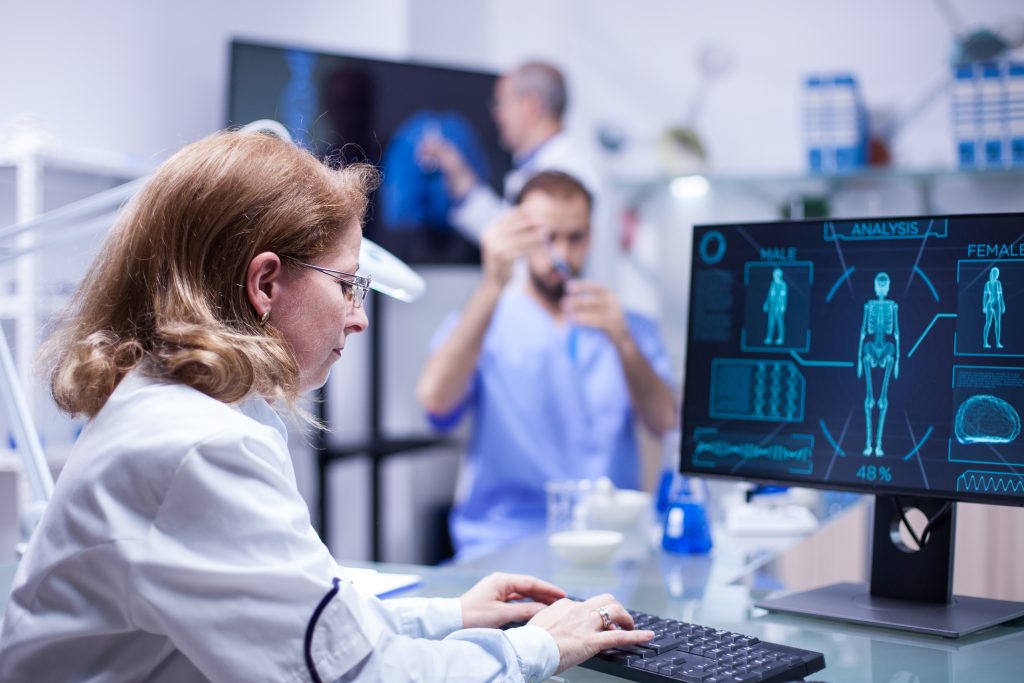
































London-based company LabGenius is utilizing AI-powered technology to revolutionize the process of engineering medical antibodies. Antibodies, which are the body's natural defense against disease, have been synthesized by pharmaceutical companies since the 1980s to combat diseases like cancer and prevent organ rejection. However, the conventional process of designing antibodies is time-consuming and complex.
LabGenius aims to automate and accelerate the antibody discovery process by making use of DNA sequencing, computation, and robotics. The company's state-of-the-art lab, located in an old biscuit factory in South London, is equipped with robotic arms, incubators, and DNA sequencing machines. This advanced setup allows for the efficient and precise engineering of antibodies.
 Source: labgeni.us
Source: labgeni.usLabGenius's AI-powered approach overcomes the slow and laborious nature of traditional antibody design. The use of machine learning algorithms and robotic systems accelerates the discovery and development of antibodies, potentially revolutionizing the pharmaceutical industry and improving treatment options.
Traditionally, human scientists have had to manually explore the vast space of potential antibodies, testing and tweaking them experimentally. LabGenius has developed a machine learning algorithm that can rapidly explore this vast search space. By providing the algorithm with examples of healthy and diseased cells, it can generate over 700 initial antibody options from a search space of 100,000 potential antibodies. These selected antibodies are then automatically designed, built, and tested to identify promising candidates for further investigation.
In conclusion, LabGenius's innovative use of AI-powered technology, machine learning algorithms, and robotic systems offers a more efficient and effective process for engineering medical antibodies. This groundbreaking approach has the potential to transform the way antibodies are designed and developed, leading to faster breakthroughs in disease treatment.
 Etiquetas calientes:
Inteligencia Artificial
desarrollo
Etiquetas calientes:
Inteligencia Artificial
desarrollo